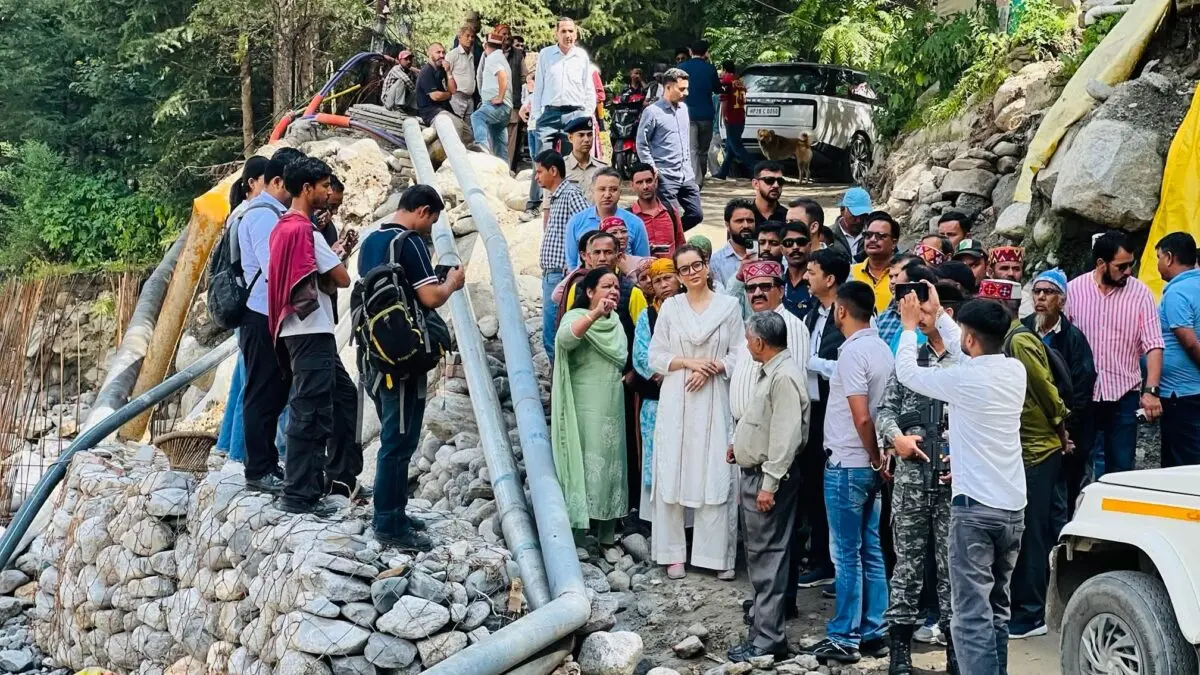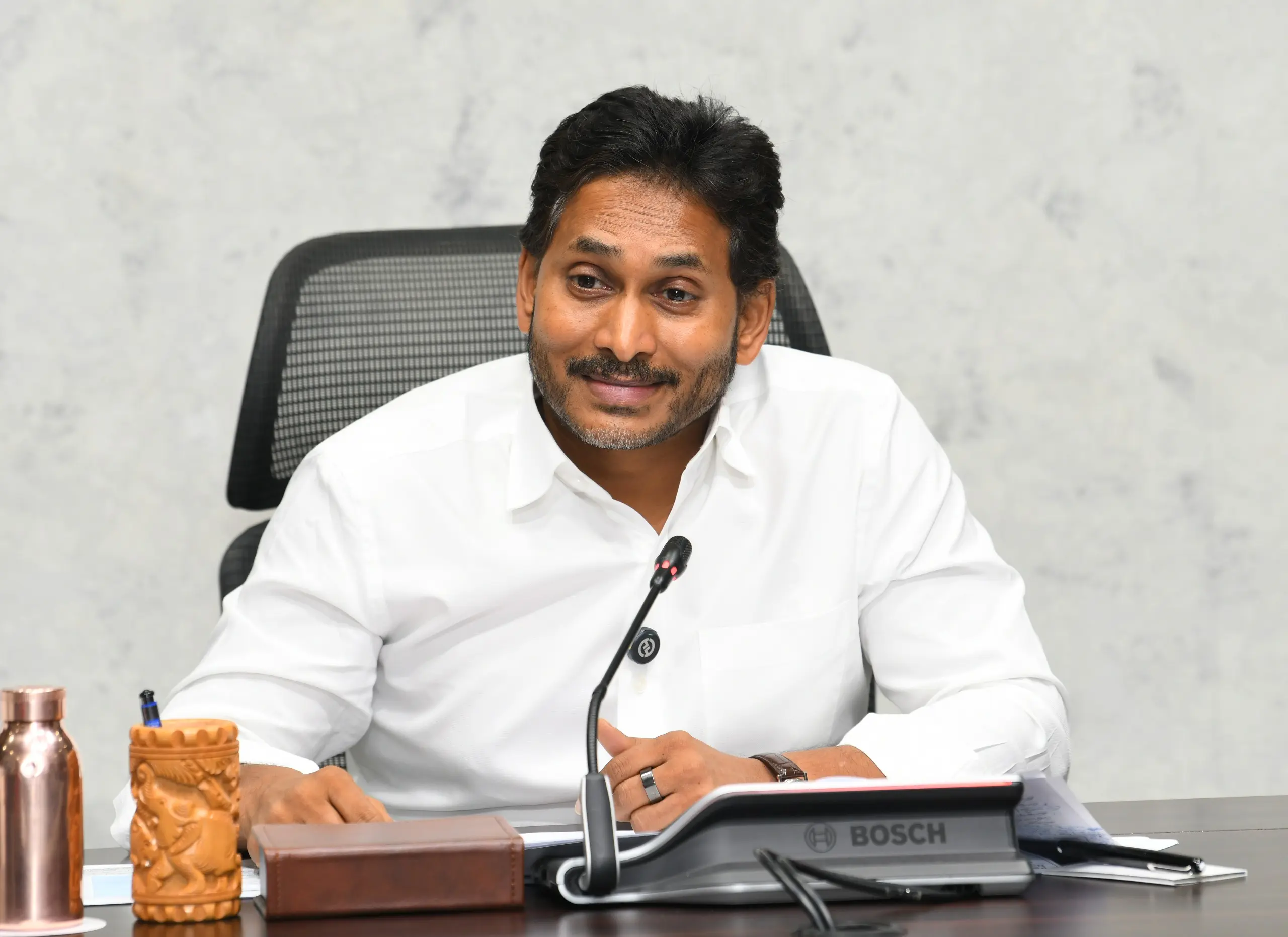Now Reading: “Only₹50 Business”: Kangana Ranaut Faces Backlash After Visiting Flood-Hit Manali
-
01
“Only₹50 Business”: Kangana Ranaut Faces Backlash After Visiting Flood-Hit Manali
“Only₹50 Business”: Kangana Ranaut Faces Backlash After Visiting Flood-Hit Manali

Mandi MP Kangana Ranaut has come under sharp criticism from locals in flood-hit Manali after her comments about her own losses during her visit. Residents protested her delayed appearance, shouting “Go back, you are late,” while she stated that her Manali restaurant earned merely ₹50 yesterday and that she pays ₹15 lakh in salaries. The episode has stirred debate over expectations from public representatives in crises.
What Happened in Manali
Kangana visited Patlikuhal and nearby villages in Manali, areas severely affected by recent monsoon rains, landslides, and floods. Homes, bridges, and roads have suffered damage, isolating many communities. Her visit came more than three weeks after the disaster struck, a delay that angered many residents.
Locals greeted Kangana with protests, waving black flags and shouting slogans. They expressed frustration over slow relief, delayed first-response, and lack of visible presence from their elected MP until then. Kangana responded by sharing her own hardship: her restaurant, launched earlier this year in Manali, earned only ₹50 the previous day, even as she must meet large expenses.
Public Reactions and Criticism
Some supported her claim, saying that natural calamities disrupt all businesses, even those owned by public figures. Others found the comparison insensitive, arguing that losses suffered by many locals—homes destroyed, daily wages lost—were far greater, and that as an MP she had a responsibility to act earlier.
Critics also questioned the timing and focus of her remarks. Many felt that during disaster relief, empathy and action matter more than sharing personal loss. Repeated calls for assistance, faster restoration of roads and bridges, better communication from local authorities, and effective fund allocation were louder than her statements.
Political and Governance Implications
Elected officials in India, especially from Tier 2 and Tier 3 regions, are increasingly under pressure to be present and responsive during crises. Delayed visits—even if logistical or due to terrain—can lead to public distrust. Leaders are expected not just to visit, but to bring relief, monitor response, and liaise with government agencies for aid.
At the same time, personal loss by public figures does matter—it humanizes them. But for many, loss as a private individual may not balance with expectations of their public role. The distinction between speaking for oneself and representing the community becomes important in times of disaster.
What Locals Are Asking For
Residents want quicker relief distribution, clarity on government promises, accountability for damaged infrastructure, and better disaster preparedness. Many point to roads washed away, riverbanks giving way, and homes rendered unsafe. Officials are being urged to accelerate restoration work, evacuate danger zones promptly, and ensure relief funds reach everyone affected.
Conclusion
The Manali episode shows how emotive disaster situations are: public sentiment demands both compassion and action from leaders. Kangana Ranaut’s claim of earning only ₹50 has shifted some attention to her personal losses, but perhaps too late for many who saw her absence as symbolic of neglect. For communities reeling from natural disaster, tangible assistance and visible leadership matter more than statements of loss. In the end, in disasters, what people need most is relief, not rhetoric

























